b-D-glucans are polysaccharides that can be found in bacteria, algae, various plants, and fungi [1]. Before we continue, I bet you’re probably wondering, “what is a polysaccharide?” A polysaccharide is a type of carbohydrate, which is one of the three main macronutrients in food. They are made up of long chains of monosaccharide molecules and have a variety of functions, such as energy storage and structural organization. Common polysaccharide examples include starch, glycogen, inulin, and cellulose.
Specifically, b-D-glucans are a type of polysaccharide that have illustrated metabolic and immunomodulating properties, such as anti-cancer, anti-bacterial, and anti-viral actions [1]. The b-D-glucans present in mushrooms differ from other sources as they are structurally unique and recognized by receptors located on the surface of immune cells; thus, certain medicinal mushrooms have greater bioactivity and specific immunomodulatory properties that other sources of b-D-glucans do not [1]. Due to this, medicinal mushrooms have been labeled as natural biological response modifiers (BRMs) because they have the ability to alter immune responses in the body [1].
Immunomodulatory Properties of b-D-Glucans
Macrophages are specialized cells in our bodies involved in the detection and destruction of bacteria and other harmful organisms. These immune cells, along with many others, carry specific receptors for b-D-glucans, such as dectin-1 and TLR-2 [1].
Dectin-1 is the most abundant receptor, and its activation stimulates processes that lead to the death and elimination of pathogenic microorganisms that may invade the body [1]. Additionally, it stimulates the production of cytokines, which are crucial in controlling the growth and activity of other immune system and blood cells [1].
TLRs (toll-like receptors) are another common receptor of the immune system involved in the early stages of infection as they initiate the innate immune response. When b-D-glucans bind to TLRs, this can activate the innate immune system and induce the production of important cytokines [1].
The ability of b-D-glucans to interact with these immune cells is significant as it illustrates the capacity in which mushrooms can target bacteria, viruses, even cancer cells.
Anti-inflammatory Actions of b-D-Glucans
Not only can b-D-glucans activate cytokines key to immune function, but they are also hypothesized to inhibit the production of pro-inflammatory cytokines and produce anti-inflammatory effects on the body [1]. Oral administration of b-D-glucans isolated from fungi have been shown to produce similar effects to non-steroidal anti-inflammatory drugs (NSAIDs) and glucocorticoids [1].
Antioxidant Properties of b-D-Glucans
Through research, b-D-glucans have also exhibited strong antioxidant properties [1]. Antioxidants help our bodies balance out free radicals (unstable molecules) and lessen or prevent the negative effects they may impose. When free radicals overwhelm our systems and cause an imbalance with antioxidants, oxidative stress can ensue and lead to cellular damage. Free radicals have the ability to negatively alter our body’s proteins, lipids, even our DNA and result in premature aging and disease [2].
Fruiting Body vs. Mycelium
When looking for a mushroom product based on the function of b-D-glucans, it is important to take a look at the label of the product you’re considering. To start off, Health Canada requires medicinal mushroom products to include a number of items onto their labels: the common and latin names of the mushrooms, the extraction ratios used, the parts of the mushroom used, and the quantity crude equivalents.
If you find the words “full spectrum”, “mycelial biomass”, or “extracellular compounds” on the label, this means the product is made from the grain substrate the mushrooms are grown on, and potentially the primordia and fruiting body, all combined and often not in extract form.
Full spectrum is often advertised as a beneficial aspect of the product by some companies, but, under the surface, this means that the product is watered down, and you’d need to consume much more of it to achieve the same benefits as you would from a product containing 100% fruiting body. Whole fruiting body mushroom extracts contain consistently higher levels of b-D-glucans than myceliated grain products – on average 30-40% more.

Eversio Wellness only manufactures mushroom supplement products from fruiting body extracts to ensure the highest quality and therapeutic grade. Furthermore, they exhibit transparency by sharing the COAs (Certificate of Analysis) of each product to reassure consumers that the percentage of b-D-glucans they report to be in their products is scientifically proven.
We hope you have found this article informative. If you have any questions or comments, please feel free to leave them in the comment section below!
By Silvana Jakupovic — BSc and 4th Year Student of Naturopathic Medicine (CCNM-Boucher)
References
[1] Mirończuk-Chodakowska I, Kujawowicz K, Witkowska AM. Beta-Glucans from Fungi: Biological and Health-Promoting Potential in the COVID-19 Pandemic Era. Nutrients. 2021 Nov 6;13(11):3960. doi: 10.3390/nu13113960. PMID: 34836215; PMCID: PMC8623785.
[2] Pizzino G, Irrera N, Cucinotta M, Pallio G, Mannino F, Arcoraci V, Squadrito F, Altavilla D, Bitto A. Oxidative Stress: Harms and Benefits for Human Health. Oxid Med Cell Longev. 2017;2017:8416763. doi: 10.1155/2017/8416763. Epub 2017 Jul 27. PMID: 28819546; PMCID: PMC5551541.

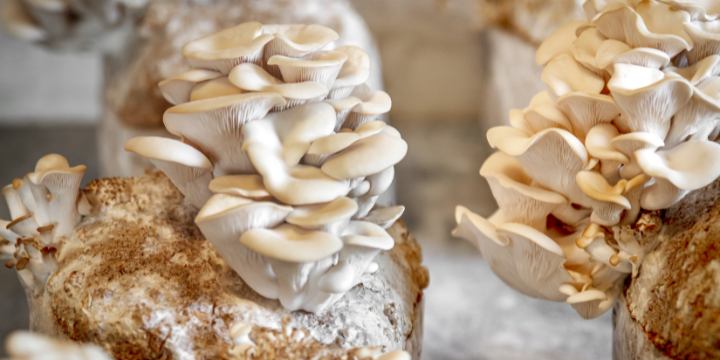
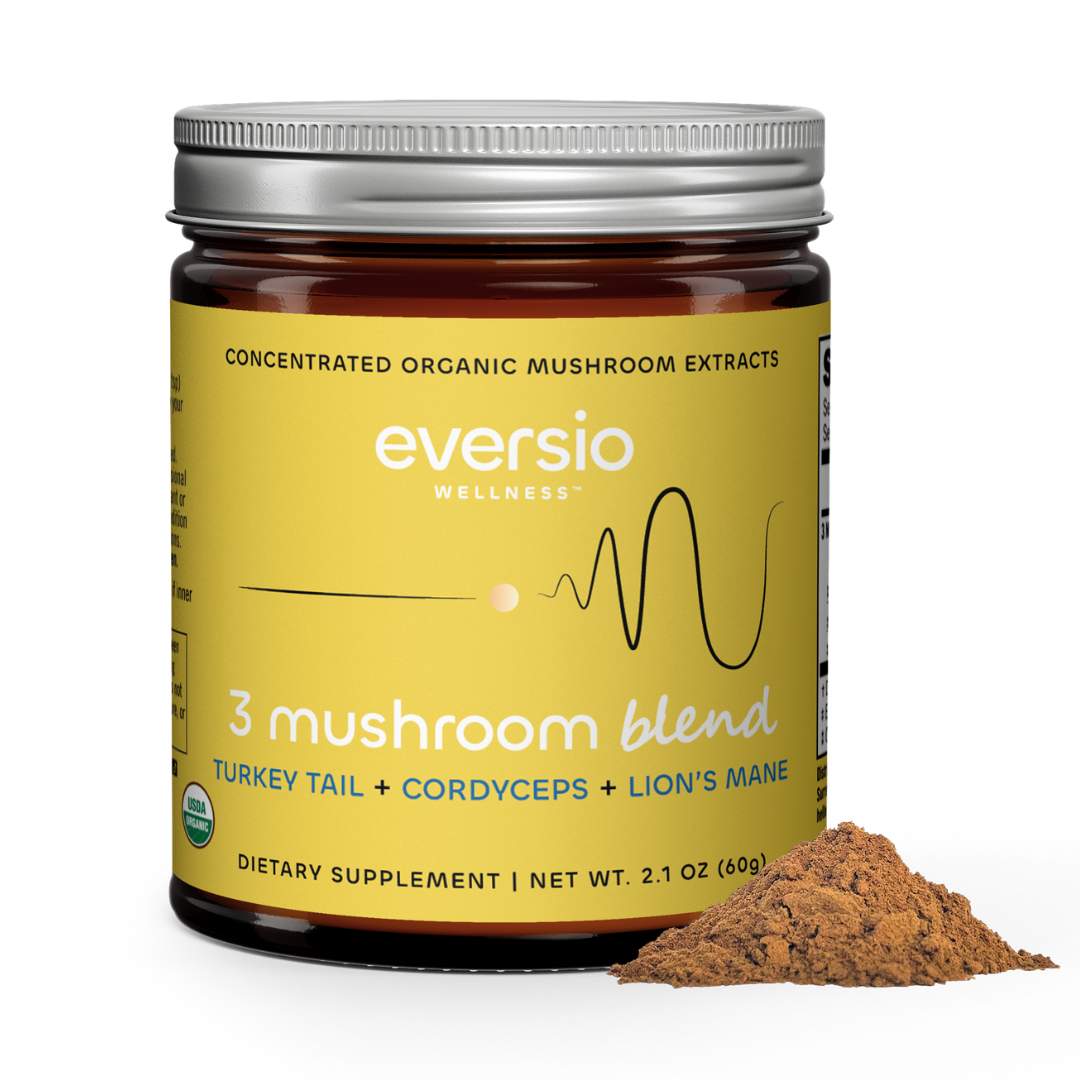
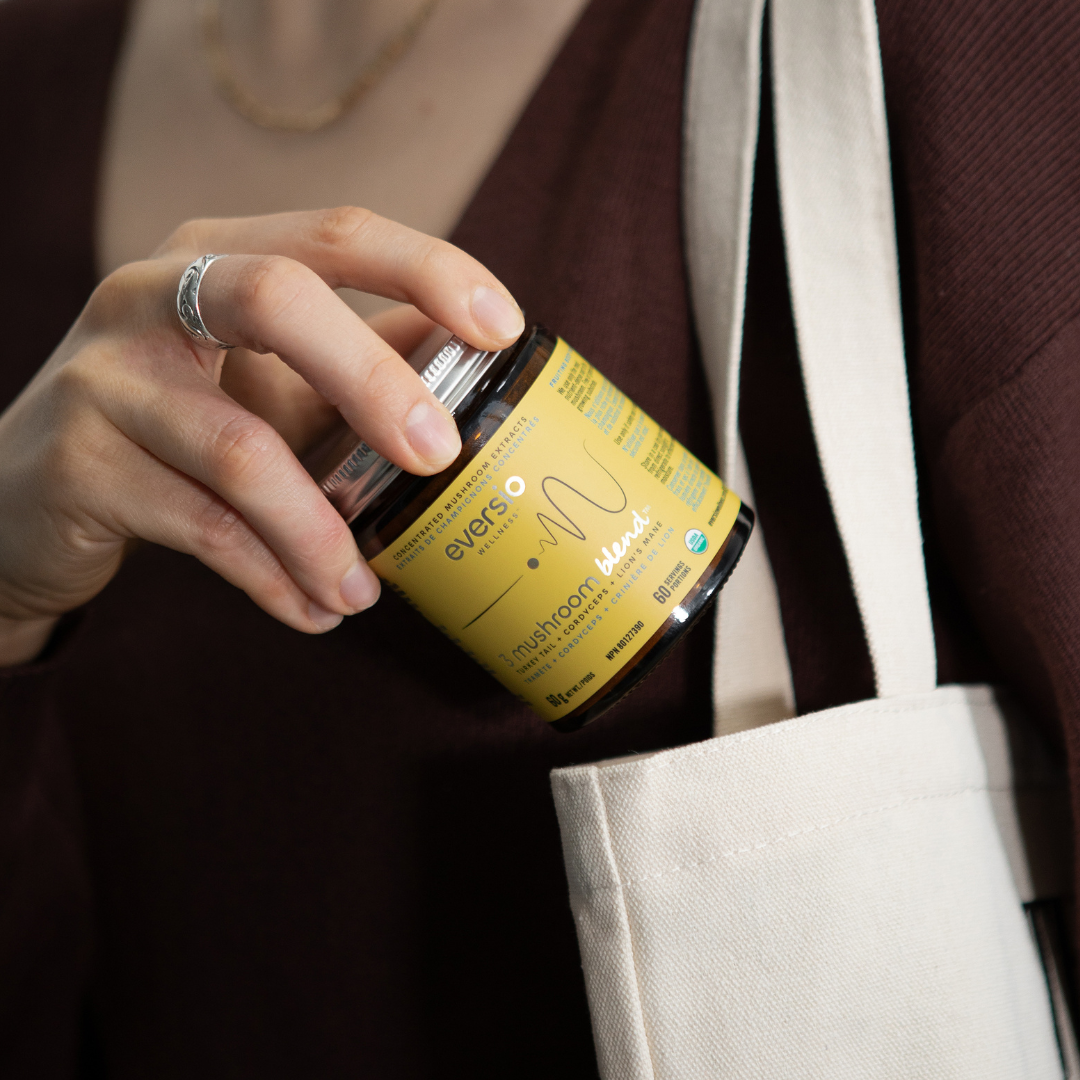

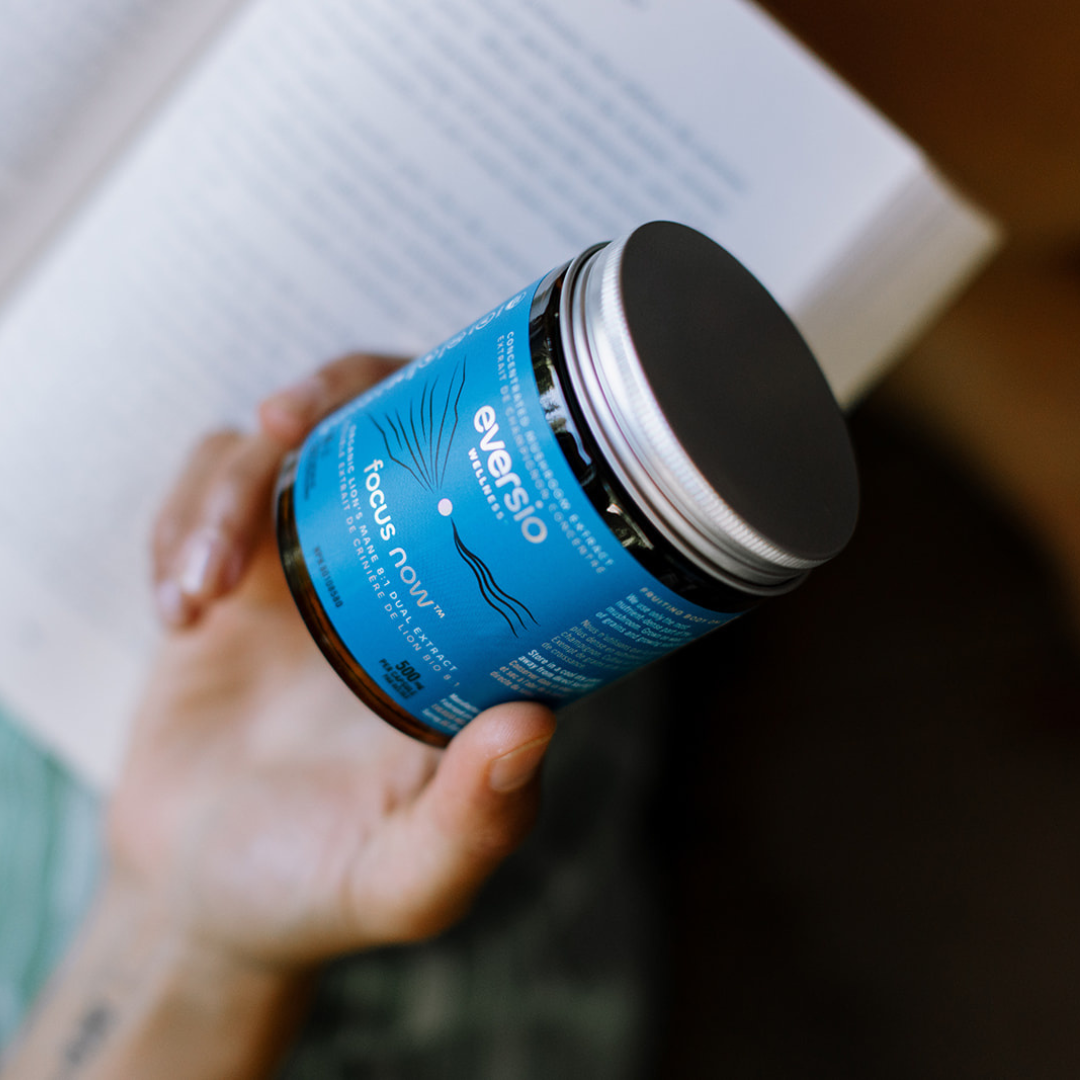
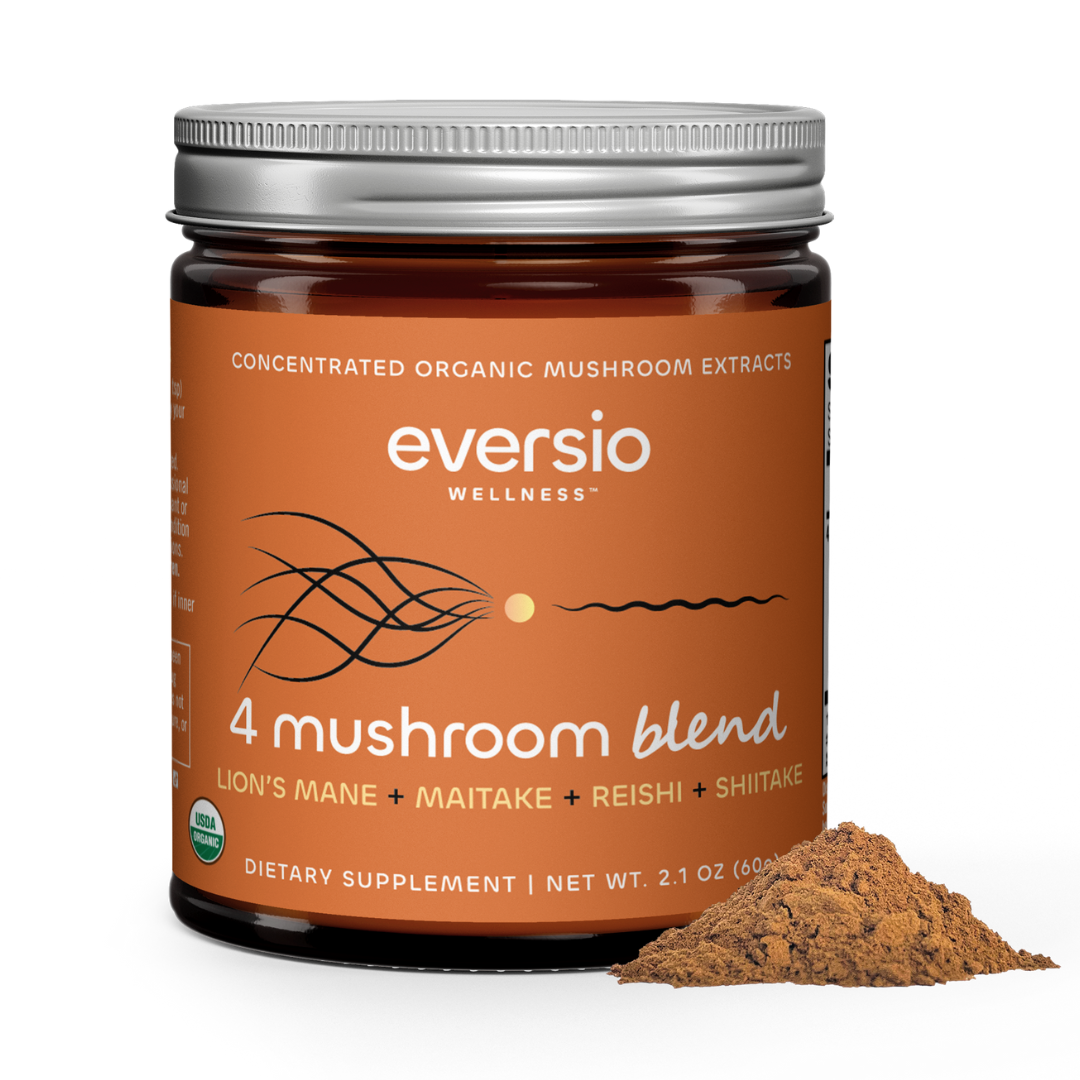
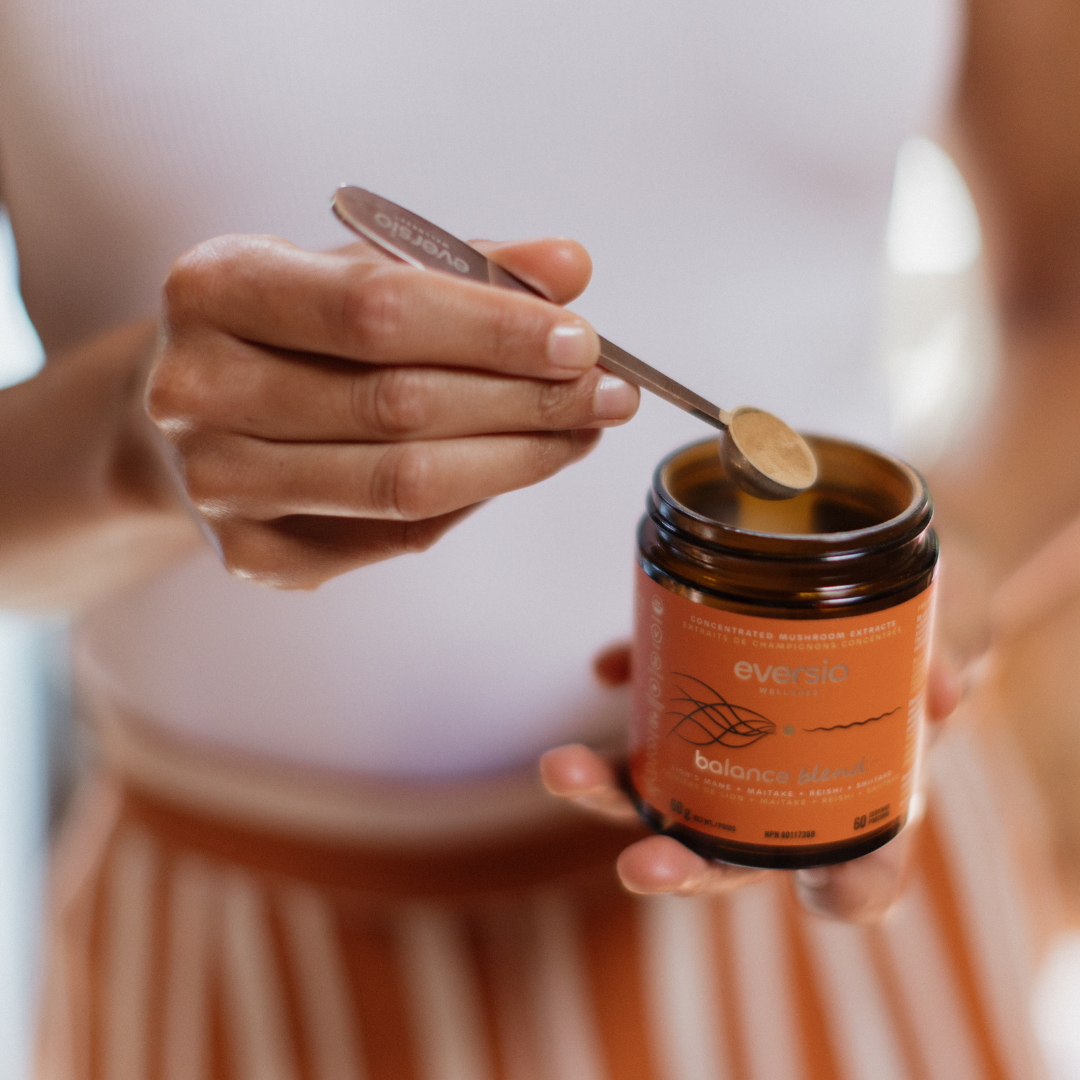
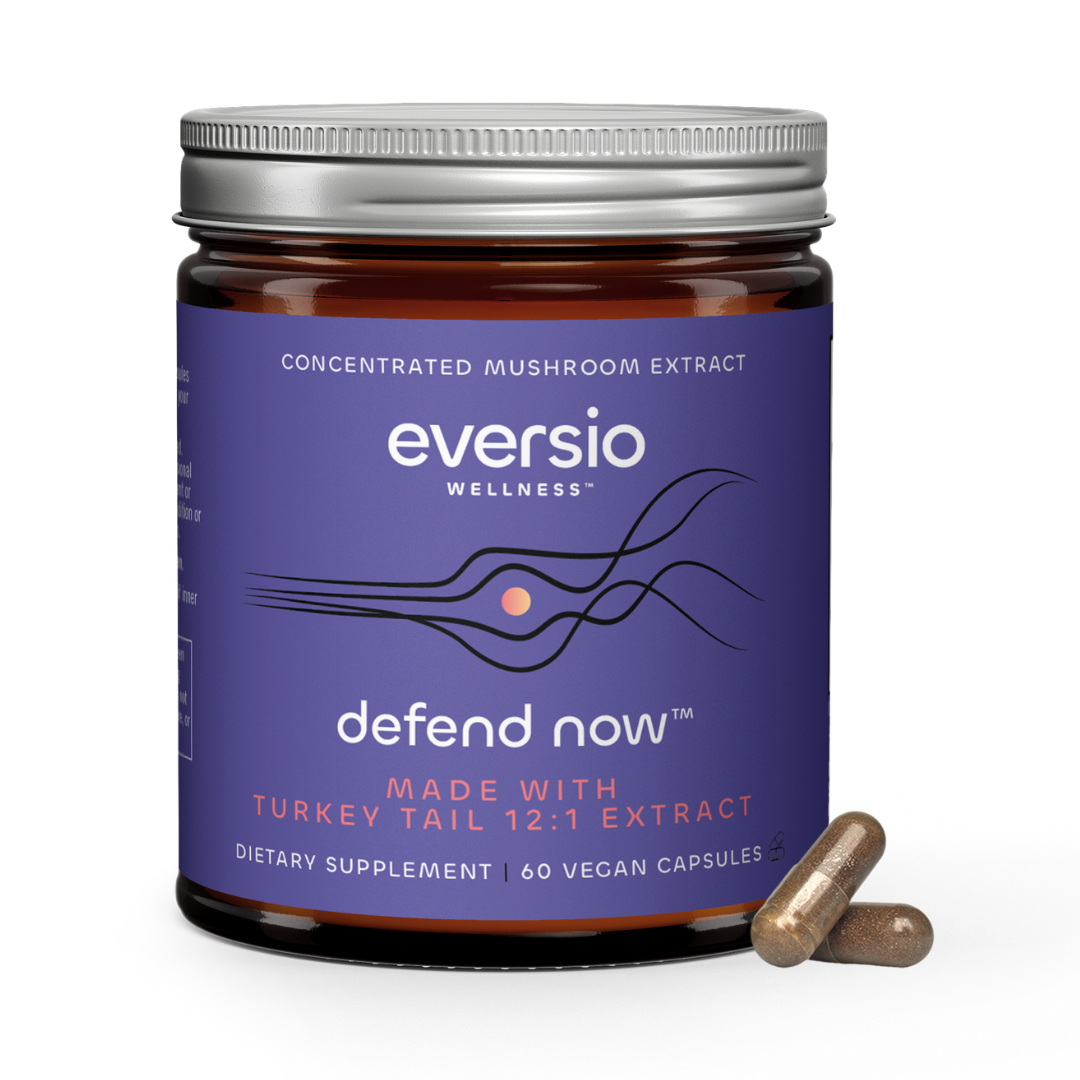
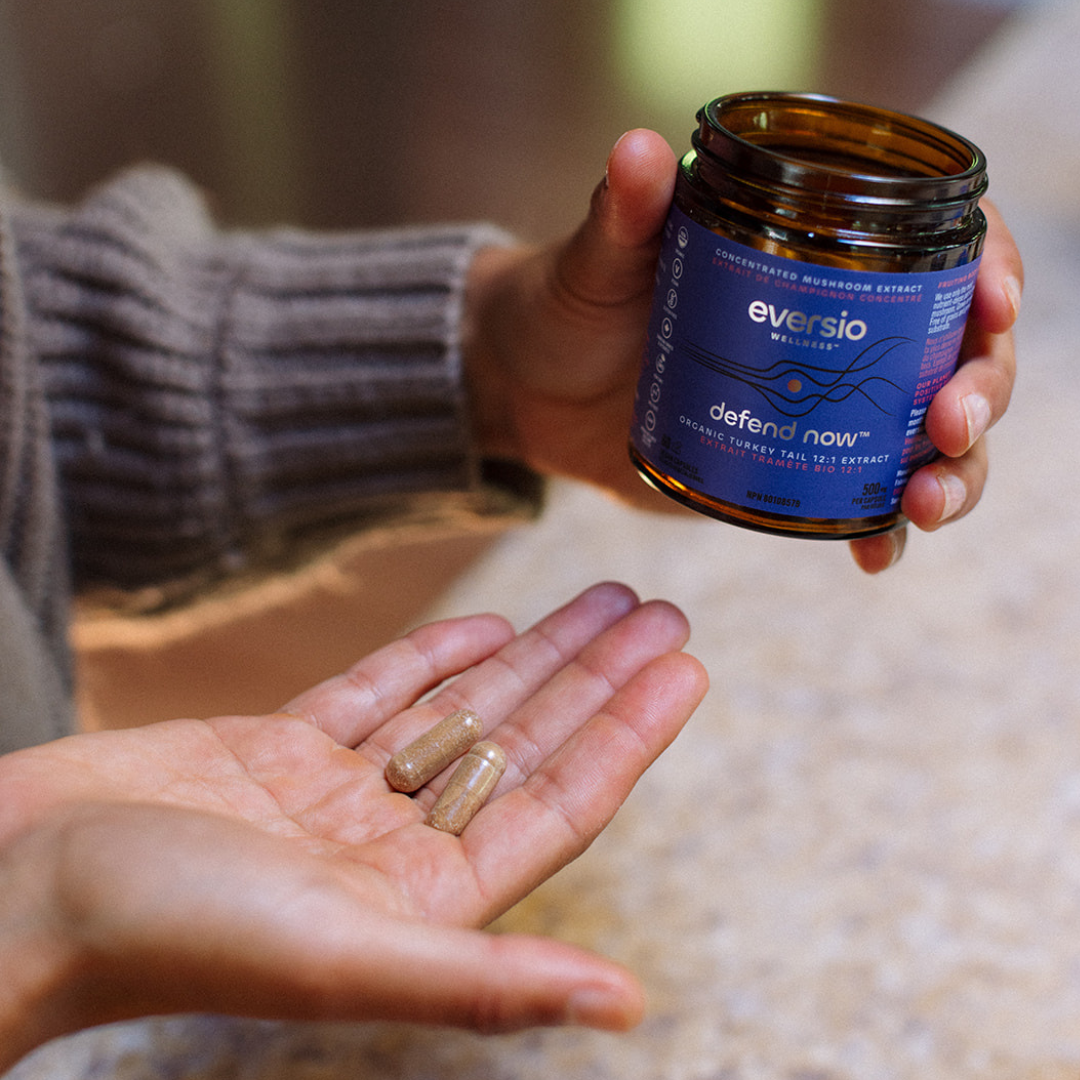
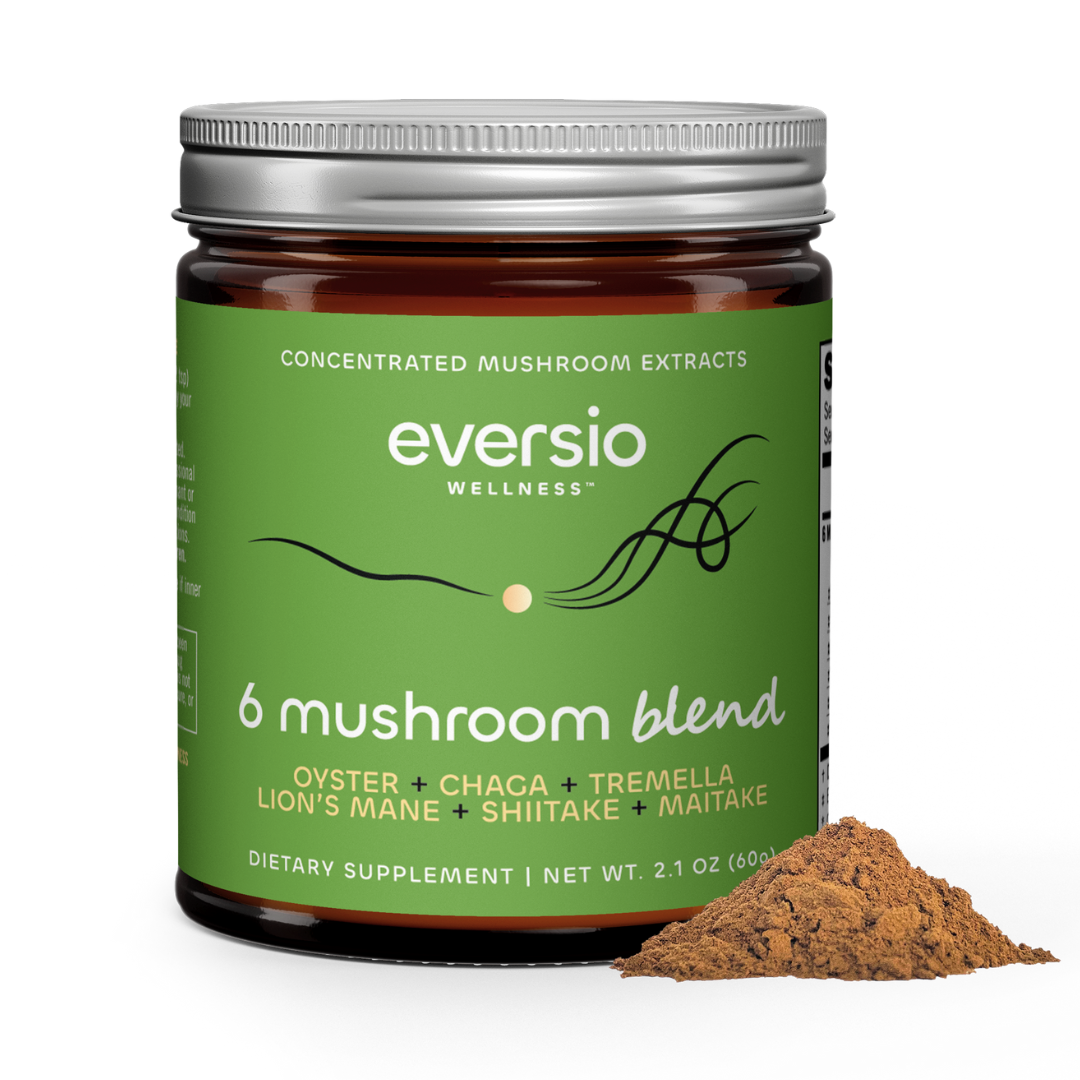
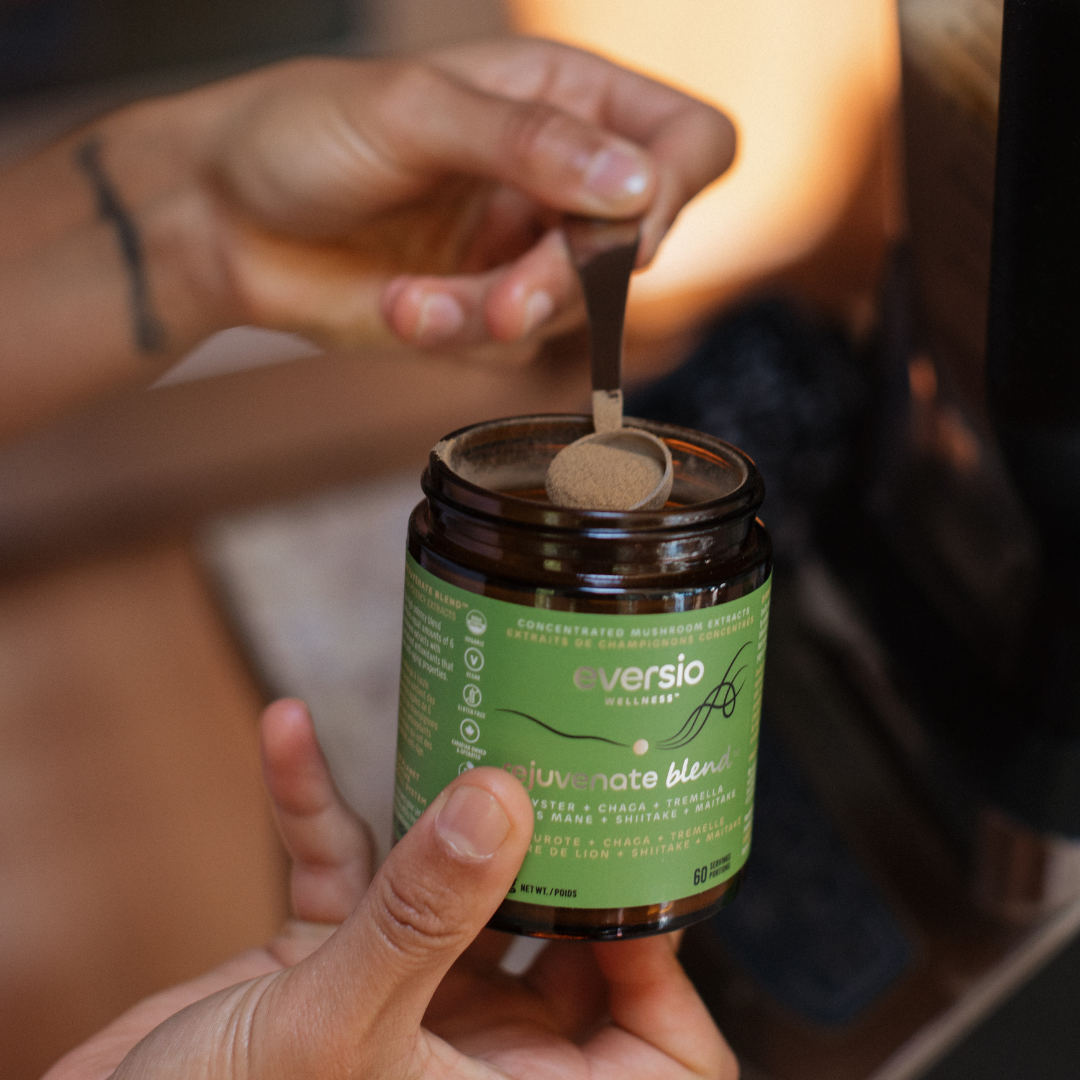
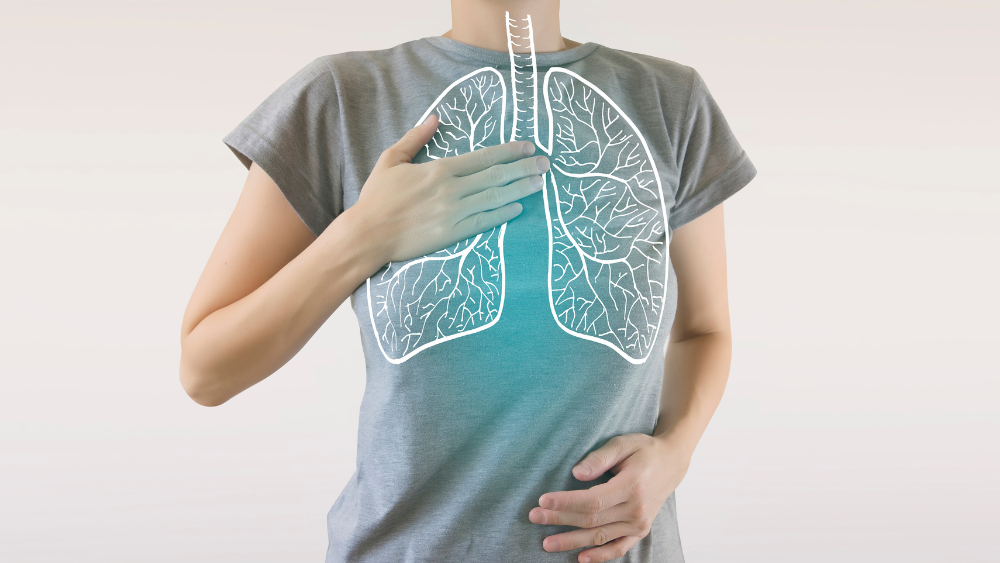

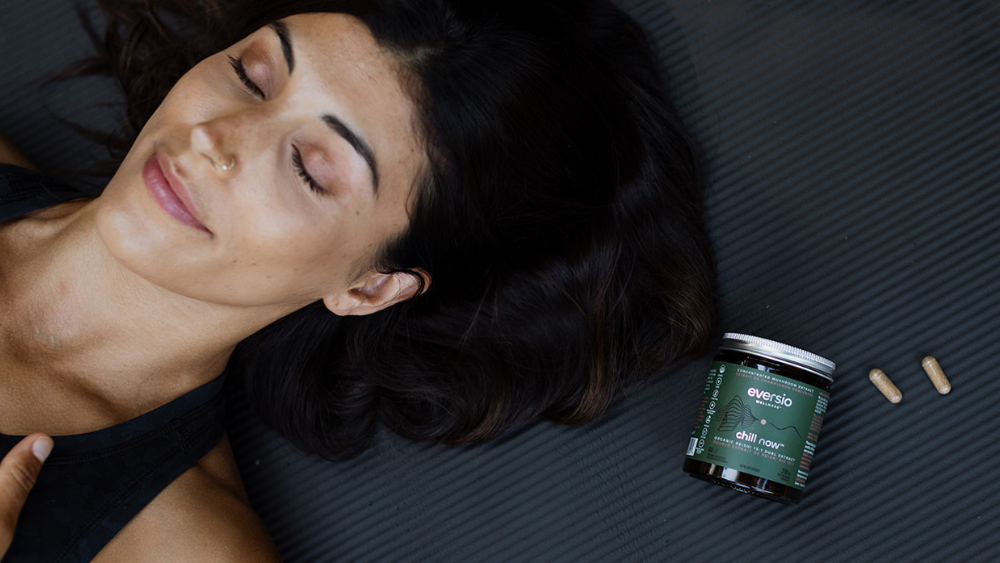





Leave a comment
All comments are moderated before being published.
This site is protected by hCaptcha and the hCaptcha Privacy Policy and Terms of Service apply.